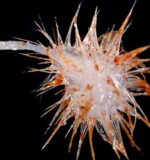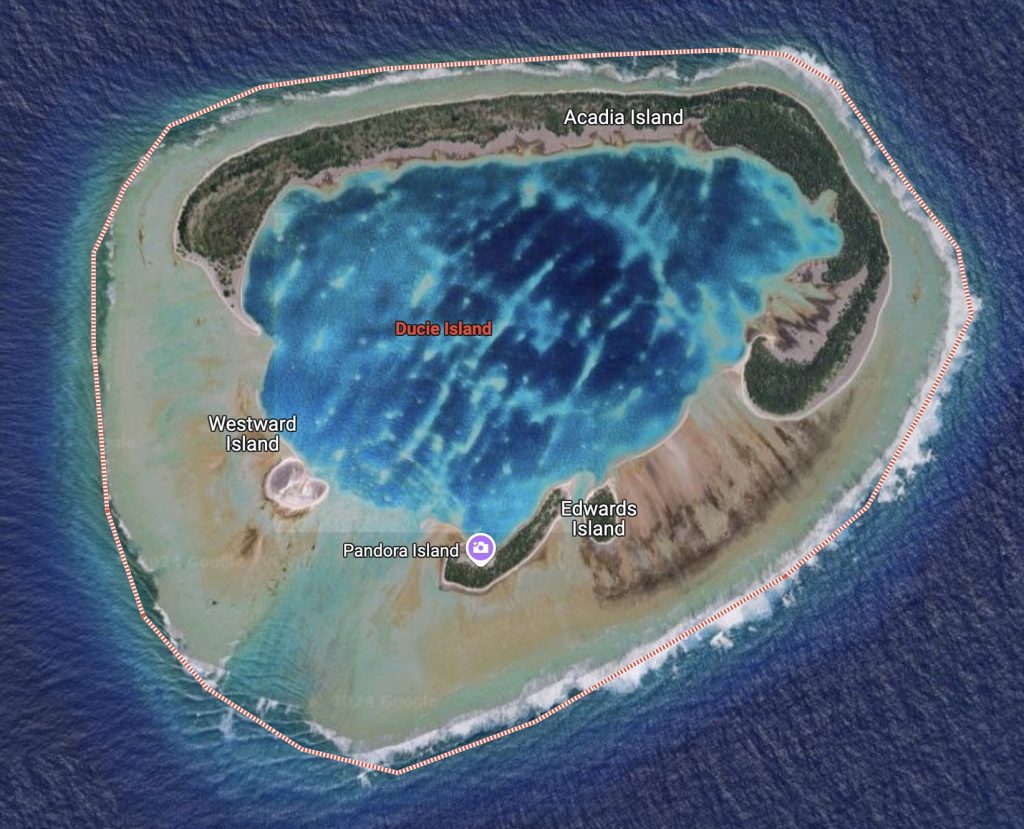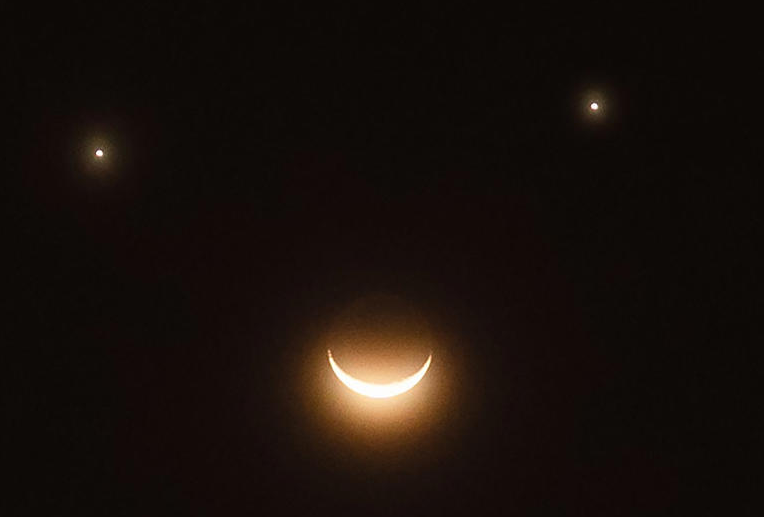Even though we know the deep sea is weird, ‘carnivorous sea sponges’ still sound like something from a sci-fi movie. And yet, researchers just announced the discovery of three new such species off the coast of Australia.
Go a few hundred metres deep into the ocean, and it starts to look like you’re in a whole new world: From a creature that looks like a sea star crossed with an octopus, to shark-devouring fish, to carnivorous sponges we’ve never seen before.
“It just goes to show how much of our deep oceans are yet to be explored – these particular sponges are quite unique in that they are only found in this particular region of The Great Australian Bight – a region that was slated for deep sea oil exploration,” said one of the researchers, Queensland Museum Sessile Marine Invertebrates Collection manager Merrick Ekins.
Typically, sea sponges are multicellular filter feeders – they have holey tissues for flowing water, from which their cells extract oxygen and food. They’re pretty simple creatures, with no nervous, digestive, or circulatory system, but have existed in some form for over 500 million years.

But carnivorous sponges are a bit different. Some carnivorous sponges still use the water flow system, while others (like the three newly discovered species) have lost this ability altogether, and nab small crustaceans and other prey using filaments or hooks.
The researchers in this study found three new species of carnivorous sponges – Nullarbora heptaxia, Abyssocladia oxyasters and Lycopodina hystrix, which are also all new genera, as well as a closely related species of sponge that isn’t carnivorous, Guitarra davidconryi. All these species were found at depths of between 163 and over 3,000 metres (535 to 9,842 feet) deep.
“Here we report on an additional four new species of sponges discovered from the Great Australian Bight, South Australia. This area has recently been surveyed, using a Smith-McIntyre Grab and a Remotely Operated Vehicle (ROV) to photograph and harvest the marine biota,” the researchers write in their new paper.
“These new species are the first recorded carnivorous species from South Australia and increase the number of species recorded from around Australia to 25.”
The sponges are also prettier than you would imagine, looking a little like flowers with their spiky protrusions, but not a lot like sponges.

Carnivorous sponges are having a bit of a moment. We’ve known about them since 1995, but many more have recently been discovered around the world.
“Over the past two decades, our knowledge of carnivorous sponge diversity has almost doubled,” the same team explains in an earlier paper, where they described their discovery of 17 new species of carnivorous sponges.
“[This is] due in part to rapid advances in deep sea technology including ROVs and submersibles able to photograph and harvest carnivorous sponges intact, and also to the herculean efforts of a number of contemporary taxonomists redescribing many of the older species described in the 19th and 20th centuries.”
Nearly every species of carnivorous sponge found in Australia was discovered during a CSIRO RV Investigator Voyage in 2017, showing just how important these deep-sea investigations are.
With the bottom of the ocean still mostly unexplored, we imagine we’ll see plenty more species of carnivorous sponges, and other weird and wonderful sea creatures.








 Photographer Finds Locations Of 1960s Postcards To See How They Look Today, And The Difference Is Unbelievable
Photographer Finds Locations Of 1960s Postcards To See How They Look Today, And The Difference Is Unbelievable  Hij zet 3 IKEA kastjes tegen elkaar aan en maakt dit voor zijn vrouw…Wat een gaaf resultaat!!
Hij zet 3 IKEA kastjes tegen elkaar aan en maakt dit voor zijn vrouw…Wat een gaaf resultaat!!  Scientists Discover 512-Year-Old Shark, Which Would Be The Oldest Living Vertebrate On The Planet
Scientists Discover 512-Year-Old Shark, Which Would Be The Oldest Living Vertebrate On The Planet  Hus til salg er kun 22 kvadratmeter – men vent til du ser det indvendigt
Hus til salg er kun 22 kvadratmeter – men vent til du ser det indvendigt  Superknepet – så blir snuskiga ugnsformen som ny igen!
Superknepet – så blir snuskiga ugnsformen som ny igen!  Meteorite That Recently Fell in Somalia Turns Out to Contain Two Minerals Never Before Seen on Earth
Meteorite That Recently Fell in Somalia Turns Out to Contain Two Minerals Never Before Seen on Earth  Nearly Frozen Waves Captured On Camera By Nantucket Photographer
Nearly Frozen Waves Captured On Camera By Nantucket Photographer  It’s Official: Astronomers Have Discovered another Earth
It’s Official: Astronomers Have Discovered another Earth 